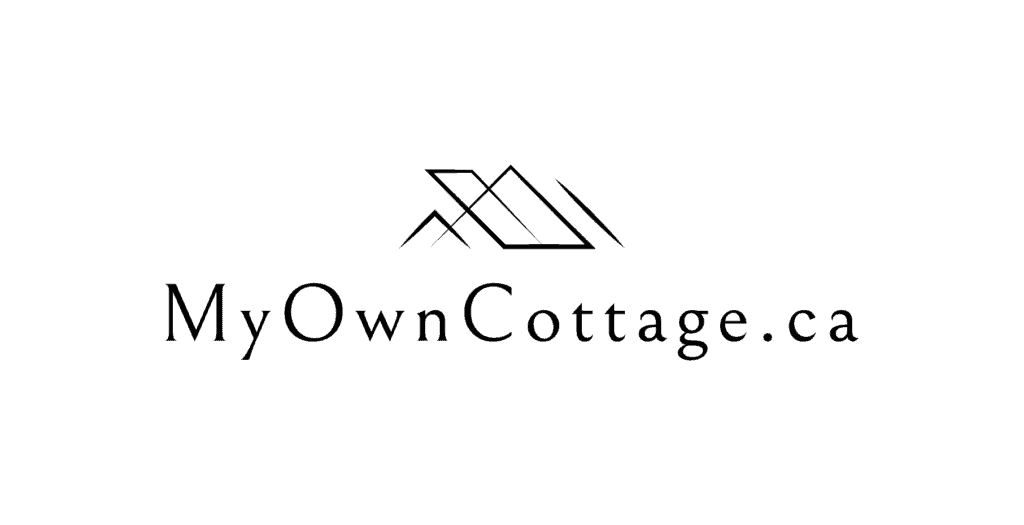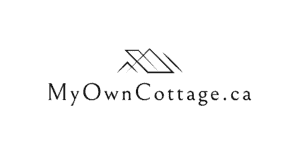Do Prefab Cottages Qualify for Ontario’s Building Code?
Do prefab cottages qualify for Ontario’s Building Code?
Learn how seasonal vs. permanent prefab homes meet Ontario Building Code requirements and get expert insight.
Do Prefab Cottages Qualify for Ontario’s Building Code?
Yes, prefab cottages in Ontario must comply with the Ontario Building Code (OBC), with requirements varying based on whether the structure is classified as seasonal or permanent.
Permanent prefab homes must meet CSA A277 standards and adhere to full code provisions for insulation, HVAC, and foundations.
Thinking of building your dream prefab cottage in Ontario?
Whether it’s a seasonal getaway or a permanent residence, understanding how your build aligns with Ontario’s Building Code (OBC) is essential for legal compliance, peace of mind, and resale value.
Below, we explore how prefab cottages are classified, the regulations they must meet, and how to set your project up for success.
🔗 Looking for design considerations? Don’t miss our guide on Prefab Cottage vs. Prefab Permanent Home Considerations.
Do Prefab Cottages in Ontario Need to Meet Building Code Standards?
Yes—but how they must comply depends on their intended use.
In Ontario, all buildings—including modular homes, custom cabins, and tiny homes—must follow the Ontario Building Code.
However, the standards differ significantly between seasonal cottages and permanent dwellings.
If your prefab cottage will be used only in the summer (with no plumbing or heating), you may qualify for exemptions under OBC Part 9.
However, once you introduce plumbing, insulation, or mechanical ventilation, you step into a different regulatory category—one governed by full compliance.
The Ontario Building Code: Seasonal vs. Permanent Prefab Homes
The Ontario Building Code (OBC) classifies prefab cottages based on year-round use:
Seasonal Prefab Cottages
May be exempt from continuous insulation or HVAC
Frost-protected shallow foundations often not required
Still subject to safety codes for structural integrity, occupancy, and emergency egress
Permanent Prefab Homes
Must comply with CSA A277 for factory-built structures
Require full R-value insulation (e.g., R22 walls, R50 attic)
Must include mechanical ventilation (HRV/ERV)
Require frost-protected footings or permanent foundations
Lucas Myers, an Ontario-certified builder with 20+ years’ experience in prefab construction, explains: “It’s a huge advantage to know your plans from the start. Seasonal use gives you flexibility—but even adding a bathroom changes your compliance obligations.”
Foundation, Insulation, and HVAC: What’s Required for Compliance
To help you future-proof your project and avoid construction delays, here’s a breakdown of essential requirements:
✅ Foundation
Seasonal Use: May use concrete piers, pad footings
Permanent Use: Full frost-protected or slab-on-grade foundations
✅ Insulation & Energy Efficiency
Minimum R-values:
R22 walls
R31 floors
R50 ceilings
High-performance windows and doors required
Consider passive house principles for maximum energy savings
✅ Heating, Ventilation & Air Conditioning (HVAC)
Required for permanent dwellings
Energy Recovery Ventilators (ERV) or Heat Recovery Ventilators (HRV) are often mandatory
Mechanical systems must meet OBC Part 6 and SB-12 for energy efficiency
📌 Not sure what systems apply to your home model? Book a free consultation with one of our certified designers.
Navigating Inspections and Municipal Requirements
Beyond the OBC, your municipality may enforce bylaws on:
Square footage limits (e.g., < 108 sq/ft without permit)
Property line setbacks
Septic or greywater handling
Entry door size and egress windows
Inspection Tips:
Submit full building plans early, including elevations and floor plans
Ensure all documentation includes your CSA certification (e.g., CSA A277 or Z240 MH)
Be clear whether your prefab structure will be a vacation home, guest house, or custom home
“Municipal inspectors want clarity,” says Sarah McAllister, a building official. “Prefab doesn’t mean ‘shortcut’—it’s about controlled environments and consistent quality.”
Upgrading to a Permanent Home for Easier Compliance
If you’re on the fence about seasonal vs. permanent, consider this:
✔️ Why Upgrade to Permanent?
Cost savings long-term (no retrofits or upgrades later)
Better resale value (aligns with real estate standards)
Ability to convert to a home office, retirement home, or guest house
Easier financing options through CMHC-recognized programs
Upfront costs may be higher (foundation, HVAC, insulation), but they reduce additional costs down the line.
Importantly, this can lead to a faster construction timeline, fewer inspection delays, and a more livable, efficient final product.
Our Code Compliance Checklist for Your Cottage Build
To support you in your journey, we’ve created a detailed checklist covering:
Code requirements by dwelling type
Common inspection triggers
HVAC and insulation guidelines
Links to relevant OBC Part 9, SB-12, and CSA A277 sections
📩 Book a Free Consultation with a licensed prefab expert to walk through your build’s compliance needs.
Peace of Mind Starts with Code Knowledge
Building your perfect home—whether it’s a custom design or a tiny home—is an exciting journey.
But skipping code compliance isn’t worth the risk.
By understanding how your living space fits within the construction process in Ontario, you’ll protect your investment, avoid delays, and ensure a high quality product from day one.
Get Expert Support: Build Smart, Build Code-Ready
At Myowncottage.ca, we don’t just build prefab cottages in Ontario—we guide you through the entire process with exceptional service and code expertise grounded in provincial regulations.
Our licensed builders and in-house designers are well-versed in compliance standards, frost-protected foundation planning, and OBC Part 9 requirements.
✅ No guesswork. No surprises. Just peace of mind backed by experience, technical know-how, and a commitment to high quality homes.
To get started, simply book a free consultation or call us directly today!
🧑💼 Request a Free Consultation
📲 Call Us Directly: (705) 345-9337
✅ Ontario-Built | ⚡ Energy-Efficient | 🏡 Fully Customizable | 🚚 Fast Delivery
Alternatively, for your convenience, you can also simply fill out the contact form below and we’ll get back to you soon! 👇
❓ FAQ: Do Prefab Cottages Qualify for Ontario’s Building Code?
Are prefab homes legal in Ontario?
Yes, prefab homes are legal in Ontario as long as they meet the Ontario Building Code (OBC) and comply with local zoning bylaws.
Do prefab cottages need to meet the Ontario Building Code?
Yes, prefab cottages must comply with the Ontario Building Code, including standards for insulation, structural loads, and fire safety; permanent models typically require CSA A277 certification.
Do you need a building permit for prefab homes in Ontario?
Yes, all prefab homes in Ontario require a building permit to ensure they meet OBC regulations and municipal site requirements.
Can I put a modular home on my property in Ontario?
Yes, you can install a modular home on your property in Ontario if it complies with the OBC and your local zoning regulations.
How much does it cost to build a prefab cottage in Ontario?
Prefab cottage costs in Ontario typically range from $200 to $325 per square foot, excluding land, permits, and servicing.
What does the Ontario Building Code apply to?
The Ontario Building Code applies to all buildings in the province, including prefab, modular, and traditionally built homes, to ensure safety, energy efficiency, and structural integrity.
What is Section 36 of the Ontario Building Code?
Section 36 of the OBC governs building permit issuance and enforcement, authorizing municipalities to ensure compliance before, during, and after construction.
Are prefab homes allowed in Ontario?
Yes, prefab homes are allowed in Ontario and are regulated under the same building codes as site-built homes.
What are modular home prices in Ontario?
Modular homes in Ontario typically cost between $150 and $250 per square foot, depending on size, finishes, and energy performance.
Who builds modular homes in Ontario?
Licensed modular home builders in Ontario include companies like My Own Cottage, which offer CSA A277-certified homes designed to meet OBC standards.
What are affordable prefab home options in Ontario?
Affordable prefab homes in Ontario start around $100,000 for smaller, basic models and can be customized to fit rural zoning and minimum square footage rules.

